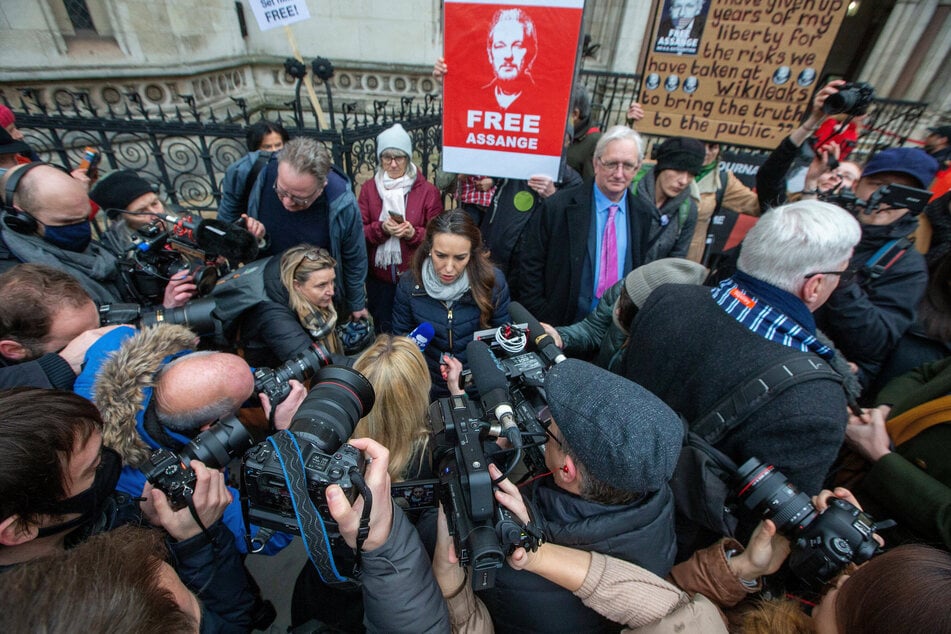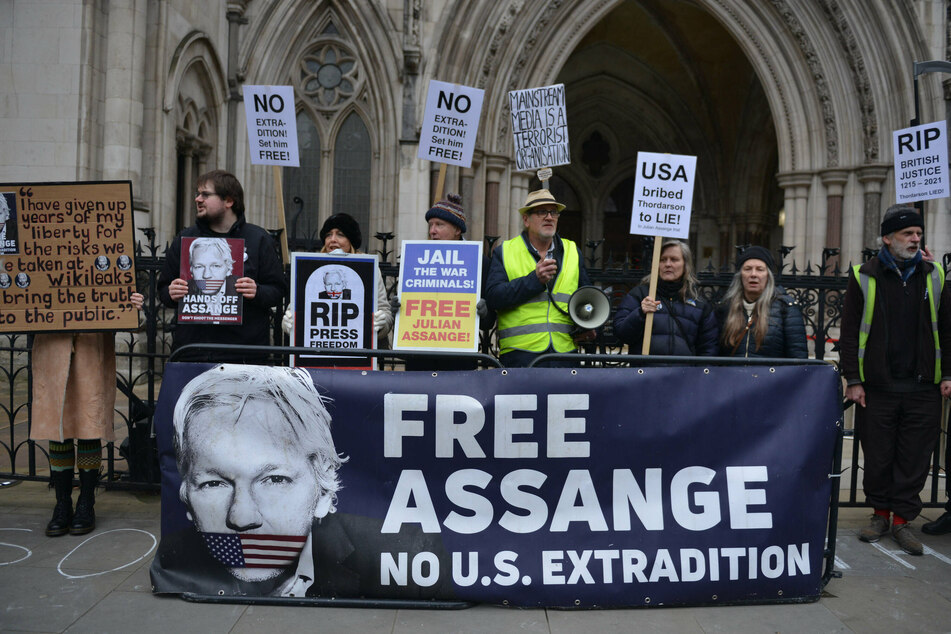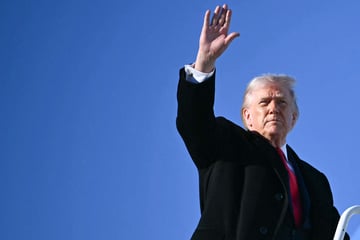Julian Assange wins ruling in his battle against extradition to US
London, UK - Julian Assange has won the first stage of his bid to appeal the decision to extradite him to the United States in front of Britain's supreme court.

Assange (50) is wanted in the US over an alleged conspiracy to obtain and disclose national defense information following WikiLeaks' publication of hundreds of thousands of leaked documents exposing potential war crimes in the Afghanistan and Iraq wars.
In December last year, US authorities won their High Court challenge to overturn an earlier ruling that Assange should not be extradited due to a real and "oppressive" risk of suicide. The verdict was slammed as "politically motivated" by a UN special rapporteur.
Assange's fiancée, Stella Moris, called that decision "dangerous and
misguided" and said the WikiLeaks founder's lawyers intended to bring an appeal to the supreme court.
For a proposed appeal to be considered by the UK's highest court, a case has to raise a point of law of "general public importance."
Assange's lawyers previously said the case raised "serious and important" legal issues, including over a "reliance" on assurances given by the US about the prison conditions he would face if extradited.
On Monday, two senior judges ruled there was a point of law, but denied him permission for the appeal. However, Lord Chief Justice Lord Burnett, sitting with Lord Justice Holroyde, said Assange could go to the supreme court itself and ask to bring the appeal.
"Whether or not the issue needs ventilation in that court is a matter
appropriately for its decision," Lord Burnett said.
Lord Burnett asked the supreme court to "take steps to expedite consideration" of any application for an appeal.
Assange's lawyers now have 14 days to make the application.
US "assurances" under the spotlight

In her January 2021 ruling blocking the extradition, then-district judge Vanessa Baraitser found in favor of the US on all issues except Assange's mental health.
Assange has previously indicated that he wants to challenge the original judge's other findings at a later date.
Overturning the block on the extradition in December last year, the senior judges found that the judge who originally blocked the extradition had based her decision on the risk of Assange being held in highly restrictive prison conditions if extradited.
However, the US authorities later gave assurances that Assange would not face those strictest measures either pre-trial or post-conviction unless he committed an act in the future that required them.
Lord Burnett previously said that if the original judge had been given those assurances at the time of her ruling, "she would have answered the relevant question differently."
In Monday's pronouncement, Lord Burnett said the point of law was about the circumstances in which an appeal court can be given assurances by a country that were not given at the original extradition.
He added that "although the law in this jurisdiction has long been settled it does not appear that the Supreme Court has considered the question."
"Assurances are at the heart of many extradition proceedings."
Cover photo: IMAGO / ZUMA Wire

